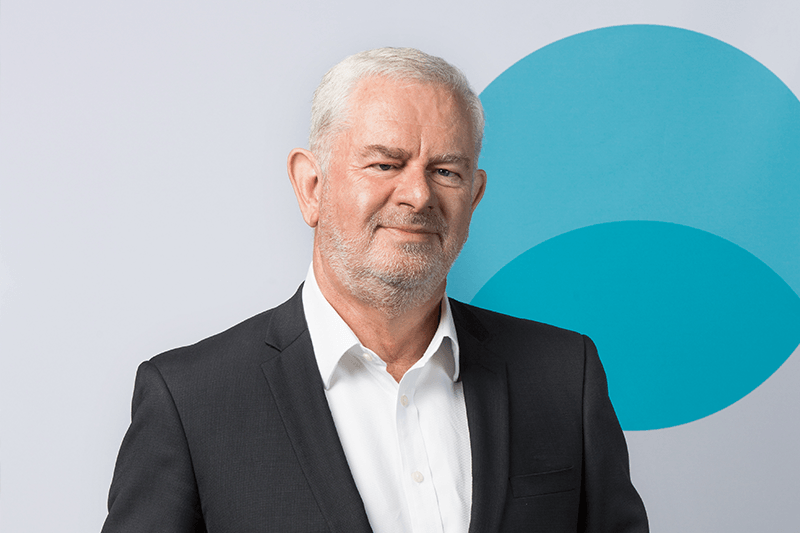A new financial year – a new start

A new financial year – a new start
By Peter Kelly on 27 June 2024
As we approach the start of the 2025 financial year on July 1, 2024, there are several important considerations for us as individuals. Let’s explore six key financial aspects to keep in mind:
1. Set clear financial goals- Begin by defining your financial objectives. What do you want to achieve in the coming year? Whether it’s building an emergency fund, saving for a specific purchase, paying off debt, or saving for retirement, clarity is essential.
- Use tools like the government’s Money Smart savings goal calculator to determine how much you need to save and by when.
2. Review and adjust your budget
3. Understand tax changes
4. Emergency savings
- With uncertainty and cost of living pressures being experienced by so many, having a fully funded emergency fund, that is separate from other savings, can make a huge difference to your financial and mental well-being.
- Aim to build an emergency fund. Start with $1,000 or $2,000 – perhaps your 2024 income tax refund – but aim to build on it over time so that it covers three to six months’ worth of living expenses to provide financial security during unexpected events.
- Calculate how much you need based on your lifestyle and commitments.
5. Super is increasing
- From 1 July 2024, the amount of super your employer must contribute on your behalf is increasing from 11% of your earnings to 11.5%. This is a bonus that, over time, will add considerably to your retirement nest egg.
- In addition, the amount that can be contributed to super on a concessionally taxed basis is also increasing from $27,500 to $30,000 per annum. Contributions covered by this cap include those made by employers for their employees and personal contributions for which a tax deduction will be claimed.
- The beginning of the new financial year is a good time to review your super to ensure it is on track to provide you with the type of retirement you have always dreamed of. The secret is starting as early as possible.
6. Invest wisely
- Consider investment opportunities. Whether it’s shares, property, or other assets, diversify your portfolio.
- Avoid investment schemes that offer overnight success – get-rich-quick schemes – and investments you don’t fully understand.
- Seek professional advice if needed, especially if you’re new to investing.
Remember, proactive financial planning sets the stage for a successful year ahead. By addressing these key areas, you’ll be better prepared to navigate the 2025 financial landscape in Australia.
Blog Authors

Peter Kelly
PK believes people have the right to accurate, affordable and unbiased information that addresses all aspects of their preferred retirement lifestyle, thereby giving them the opportunity to make informed decisions that will empower them to live out their lives with dignity, certainty and security.




